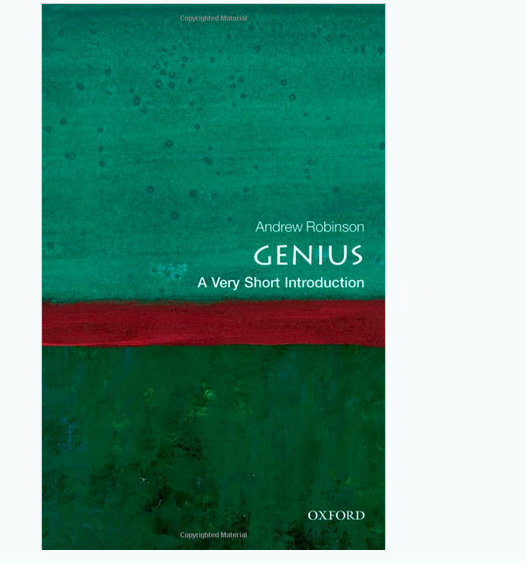Dreaming: A Very ShortIntroduction – Book Review
We all dream, even if we are not aware of it seems like we had stopped dreaming many years ago. The act of dreaming is an integral part of human sleep, and dreams have always been a source of endless fascination and speculation. People in various cultures and time periods have devoted time and effort to the interpretation of dreams, and many such interpretations have had a significant impact on culture, religion, and even the course of history. One of the early promises of psychology was the claim that it was finally able to put many such interpretive claims to a rigorous test, and psychologist to this day are beset by request from the lay public for the explanation of their own dreams.
In “Dreaming – A Very Short Introduction” we are treated to the best modern scientific exploration of dreams – their nature, their causes, and whether or not they hold any special meaning. It is a very detailed book that covers most of the last hundred years of research on dreams, including the two major scientific and conceptual breakthroughs. The first breakthrough was the realization that the brain is still fairly active when we dream, albeit in the ways that are qualitatively different from those of an awake person. The other insight is more recent and it has brought to the end any hope of a systematic interpretation of dreams: dreams, by and large, don’t hold any special meaning. Most dreaming activity is a pretty random activation of various cognitive regions of the brain, and even though we still don’t know what purpose those activities may hold we are now highly certain that they don’t hold any special message for us. The study of dreaming is still very fascinating for the simple reason that it sheds a lot of light on our understanding of the way that brain works, and this book is a useful survey of the recent advances in neuropsychology.
Unfortunately after reading this book I was uncertain about its main messages and lessons. This is perhaps due to the fact that the author doesn’t seem to be able to make up his mind about whether he is writing a survey book of a particular research field, a presentation of his own opinions and insights, or an informal discussion of personal dreams and anecdotes that are relevant to the subject. The writing tends to be pretty glum, and the author doesn’t engage in the usual upbeat tone of voice that conveys much excitement about his own research field. This book is filled with a lot of information, but not necessarily with a lot of insight. It is still a worthwhile read, but I’d recommend that you also consider “Sleep: A Very short Introduction.”
There are no comments yet, add one below.


